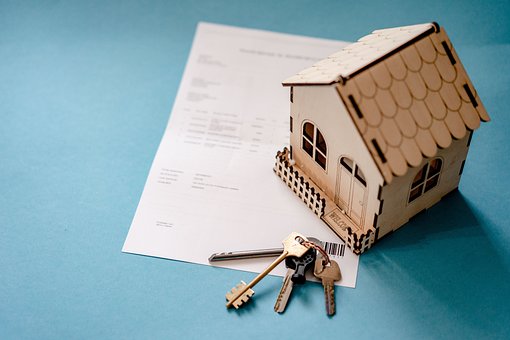A borrower might spend their whole life paying off EMIs on many loans if they don’t make a sound financial decision. Payment of the EMIs will significantly impact the borrower’s monthly budget if proper financial planning is not done.
People sometimes take out loans without fully comprehending the terms and conditions because of a lack of information. In addition, this often leads to poor selections and options, which may have long-lasting repercussions on one’s financial situation.
You could buy a new vehicle, a new home, or put yourself through college with that kind of cash. However, all of these choices involve using credit. Careful management of loans and EMIs is necessary to prevent a substantial financial burden.
Using a house loan as a starting point, we may explore strategies for cutting down on monthly payments, saving money on interest, and perhaps paying off our loans early.
Home loans are widely accessible. However, they often carry higher interest rates and have EMIs that fluctuate with the borrower’s repayment period.
When And How May I Expect A Decrease In The Interest Rate Or Monthly Payment On My Home Loan?
You may lower your monthly mortgage payment (EMI) and your interest rate on your home loan by using a variety of strategies with a housing loan EMI calculator. These strategies are helpful for both prospective and current loan applicants.
Let’s get a handle on them and examine how various borrowers (new and old) might lower their monthly EMIs and APRs.
Seek a Best Loan Provider
Borrowers looking to cut their monthly EMI payments on a new home loan should shop around to find the loan provider giving the best interest rate.
Nonetheless, it may be challenging for a first-time borrower to choose the best house or loan, provider. A borrower may choose the best home loan provider by following these guidelines.
• Online Interest Rate Comparison Tool
Those in the market for a mortgage should research to get the best interest rate, fees, and overall costs. Since many resources like EMI and loan calculators are available to help borrowers evaluate loan offers and interest rates, finding the best bank should be less hassle.
• Loan Repayment Period Extended
Home loan EMIs reduce when the loan’s repayment term extends. Suppose the borrower can’t afford the higher EMIs. In that case, they shouldn’t go with a longer repayment term because a larger home loan balance over an extended period results in a higher interest payout.
The borrower should consider the house loan’s interest rate and repayment term before making a final decision.
To the extent that the borrower is able and willing to do so without experiencing financial hardship, they should endeavor to pay the highest possible monthly installments. A borrower’s monthly installment (EMI) will change depending on several factors, including the chosen provider and the loan’s term.
If the borrower receives a raise in income or a bonus, they should prioritize making additional payments toward the principal of their house loan to shorten the life of the loan.
• Raise Your Initial Down Payment
Borrowers shouldn’t worry too much about saving up the required 10-20% downpayment since mortgage lenders may lend up to 80-90% of the purchase price.
The borrower should not be concerned with making just the minimal down payment but rather with making a sizable one.
LTV (Loan to value ratio) is the proportion of the loan to the value of the property being bought, and it decreases as the down payment increases.
Your prospects of getting a loan are best served by putting down as much of your own money as possible.
Although pushing your budget to the limit may be tempting to avoid missing any payments, doing so is not recommended.
• Loan Refinancing
If a borrower has taken out a house loan at a higher rate than they would like, they may refinance by switching mortgage companies.
Borrowers may shop around for a better interest rate on their house loan by switching to a different bank that provides loans based on MCLR (Marginal Cost of Fund Based Lending Rate, taking into account the tax and conversion charge).
A house loan’s fixed interest rate and repayment term remain the same, even if the borrower switches banks.
• Talk with the Current Provider
Borrowers might work out more favorable service conditions with their mortgage lender if they have a solid rapport with that institution. Borrowers may benefit from this in the form of a lower interest rate.
Conclusion
Borrowers may make a more informed choice before applying for a loan if they follow these procedures. To pay off their EMIs faster and save money, borrowers may make more educated financial decisions.
Please don’t take out a considerable mortgage when your savings might cover most of it. It’s in your best interest to shop around for the best interest rate and lowest overall cost before committing to a mortgage provider.









